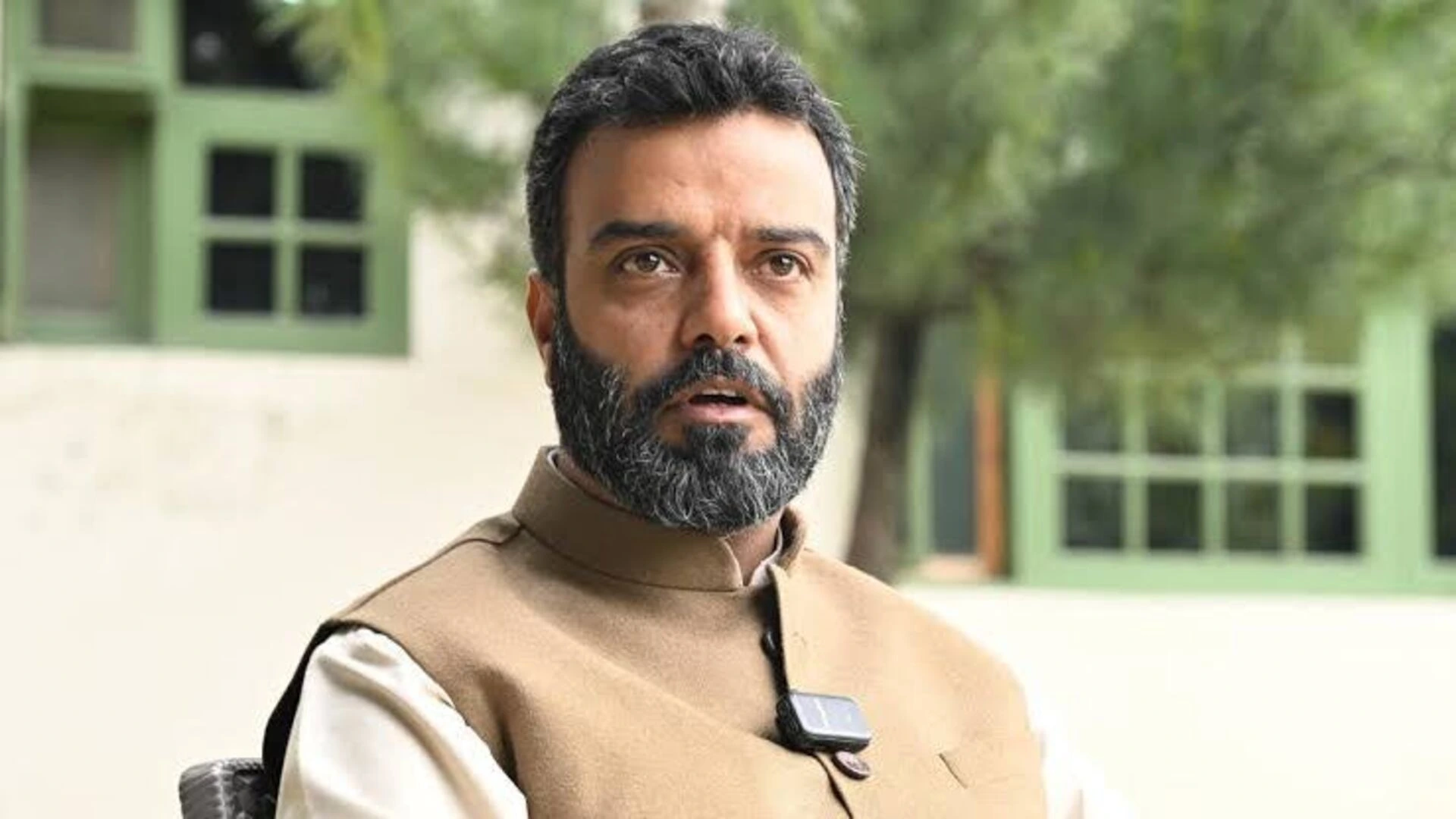The Modi government recently introduced significant updates to voluntary retirement rules for central government employees under the National Pension System (NPS), a move aimed at enhancing flexibility for eligible civil servants. According to the Department of Pension and Pensioners’ Welfare (DoP&PW), government employees who have completed 20 years of service can now apply for voluntary retirement by providing three months’ written notice. This new regulation, issued on October 11, 2024, will grant early retirees similar pension benefits as those given at the standard retirement age under the Pension Fund Regulatory and Development Authority (PFRDA) guidelines.
Employees covered by these new provisions will be eligible for a streamlined retirement process, provided that the appointing authority does not deny their request within the notice period. Notably, employees who seek early retirement with less than three months’ notice can also make a special written request for a reduced notice period. The appointing authority may grant this request if it does not disrupt administrative operations. However, once notice is given, employees cannot withdraw their retirement application unless specifically permitted by the authority, with withdrawal requests required at least 15 days before the planned retirement date.
An essential element of these updated guidelines is the continued entitlement to NPS-related benefits. Employees who retire voluntarily will have options such as continuing their individual pension accounts or deferring the benefits payout, in line with existing NPS regulations. This ensures that early retirees will not miss out on benefits that are typically offered at full retirement age, such as access to a pension corpus and other retirement-related advantages.
However, the policy comes with limitations. Employees retiring under a Special Voluntary Retirement Scheme (SVRS) specifically designed for surplus personnel, or those who transfer to public sector undertakings, are not eligible under this new rule. This exception aims to maintain uniformity in retirement provisions for surplus employees managed under separate voluntary schemes and public sector retirees.
The government’s move aligns with broader pension reform goals, as demonstrated by the potential introduction of the Unified Pension Scheme (UPS), which aims to ensure a guaranteed pension payout of up to 50% of the last basic salary for government employees. The combination of the revised NPS guidelines and anticipated pension reforms highlights the administration’s approach to ensuring financial security for retirees while providing greater flexibility for early retirement.







